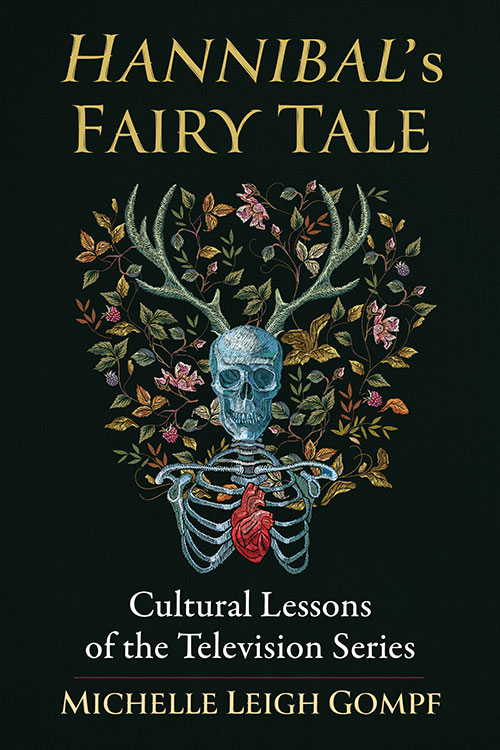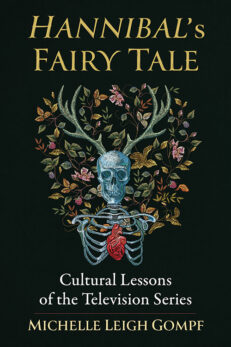Hannibal’s Fairy Tale
Cultural Lessons of the Television Series
$65.00
In stock
About the Book
Much has been written about the aesthetics of the television series Hannibal and its devoted fans, and some have discussed its philosophical ideas and its Gothic characteristics, but until now there has been no in-depth reading of the show as a fairy tale. However, the show positions itself as a fairy tale in its third season. Recognizing it as a fairy tale provides an understanding of its appeal and forces us to consider its lessons.
Like a fairy tale, Hannibal plays with time and reality and teaches its audience about their world and how to survive in it. From the show, the audience learns both the importance and the danger of family and friends, the complicated nature of humanity containing the capability for good and evil, and the arbitrariness of society’s definitions and taboos. As a fairy tale, it draws its viewers in and encourages them not only to come back time and again but to retell and even add to the story.
About the Author(s)
Bibliographic Details
Michelle Leigh Gompf
Format: softcover (6 x 9)
Pages: 206
Bibliographic Info: notes, bibliography, index
Copyright Date: 2024
pISBN: 978-1-4766-7611-1
eISBN: 978-1-4766-5093-7
Imprint: McFarland
Table of Contents
Acknowledgments vi
Preface 1
Introduction 3
Chapter 1.
Fuller’s Harris Remix 13
Chapter 2.
Season 1: “Perception’s a tool that’s pointed on both ends” 29
Chapter 3.
Season 2: “One thin barrier between us” 76
Chapter 4.
Season 3: “On occasion dissection is the only thing that will do” 125
Chapter 5.
“Observe or Participate?” 170
Works Cited 189
Index 197
Book Reviews & Awards
- “Provides a series of new insights into the television series and its literary and cinematic-televisual context. It is, to my knowledge, the best scholarly work focused exclusively on the groundbreaking TV series, Hannibal, available so far.”—Joseph Westfall, professor of philosophy, University of Houston-Downtown





